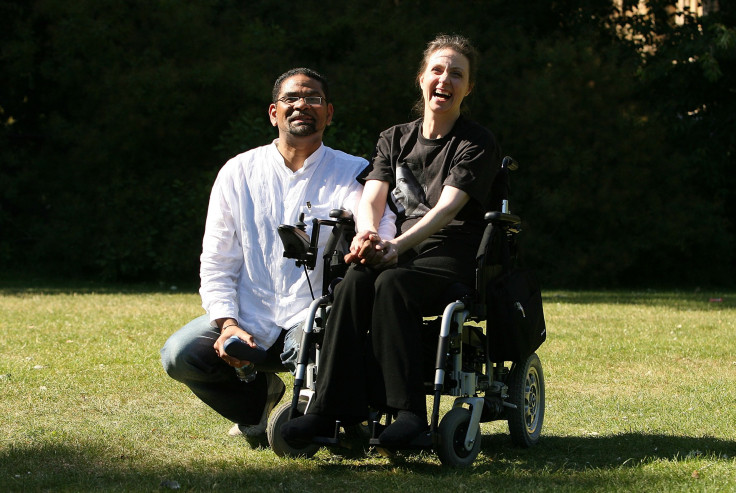World Multiple Sclerosis Day: Warning Signs, Treatment Options
Multiple sclerosis (MS) is a disease that affects the brain and spinal cord, which together form the central nervous system.
In MS, the immune system attacks the myelin sheath, which is the protective covering around nerve fibers in the central nervous system, after mistaking it for a foreign threat. The attack affects communication between the brain and the rest of the body, which leads to nerve fiber damage, causing difficulty in walking or impairing mobility, according to Mayo Clinic.
World Multiple Sclerosis Day is observed on May 30 to show support for people living with MS and voice the need for improved access to care.
What are the signs of MS?
The signs and symptoms of MS can vary greatly from person to person. They depend on where and how severe the damage to the nerve fibers in the central nervous system is.
The symptoms include:
- Vision problems: A common early sign of MS is optic neuritis, causing eye pain and temporary vision loss
- Fatigue: MS fatigue is different from the one everyone feels after a hard day's work. There is an overwhelming sense of fatigue without any apparent or obvious cause.
- Stiffness or spasms: 40 to 80% of people with MS experience this.
- Tremor: They are shaky enough to spill a drink or make the handwriting go bad.
- Bladder problems: People with MS might experience frequent urge of peeing.
- Pain: It can arise from nerve damage or strain, causing burning, stabbing, sharpness or squeezing sensations. Acute neuropathic pain can occur at the onset or during an MS relapse.
How the condition is diagnosed?
MS is diagnosed through medical history evaluation, physical examination and various other tests. Doctors assess neurological function, perform a physical exam and may order blood tests or MRI scans to look for characteristic lesions in the brain or spinal cord, according to Cleveland Clinic.
Furthermore, a lumbar puncture (spinal tap) may be performed to analyze the cerebrospinal fluid for signs of MS.
What are the treatment options?
They include disease-modifying therapies (DMTs) to reduce relapses and slow disease progression, relapse management medications, physical rehabilitation and mental health counseling.




























